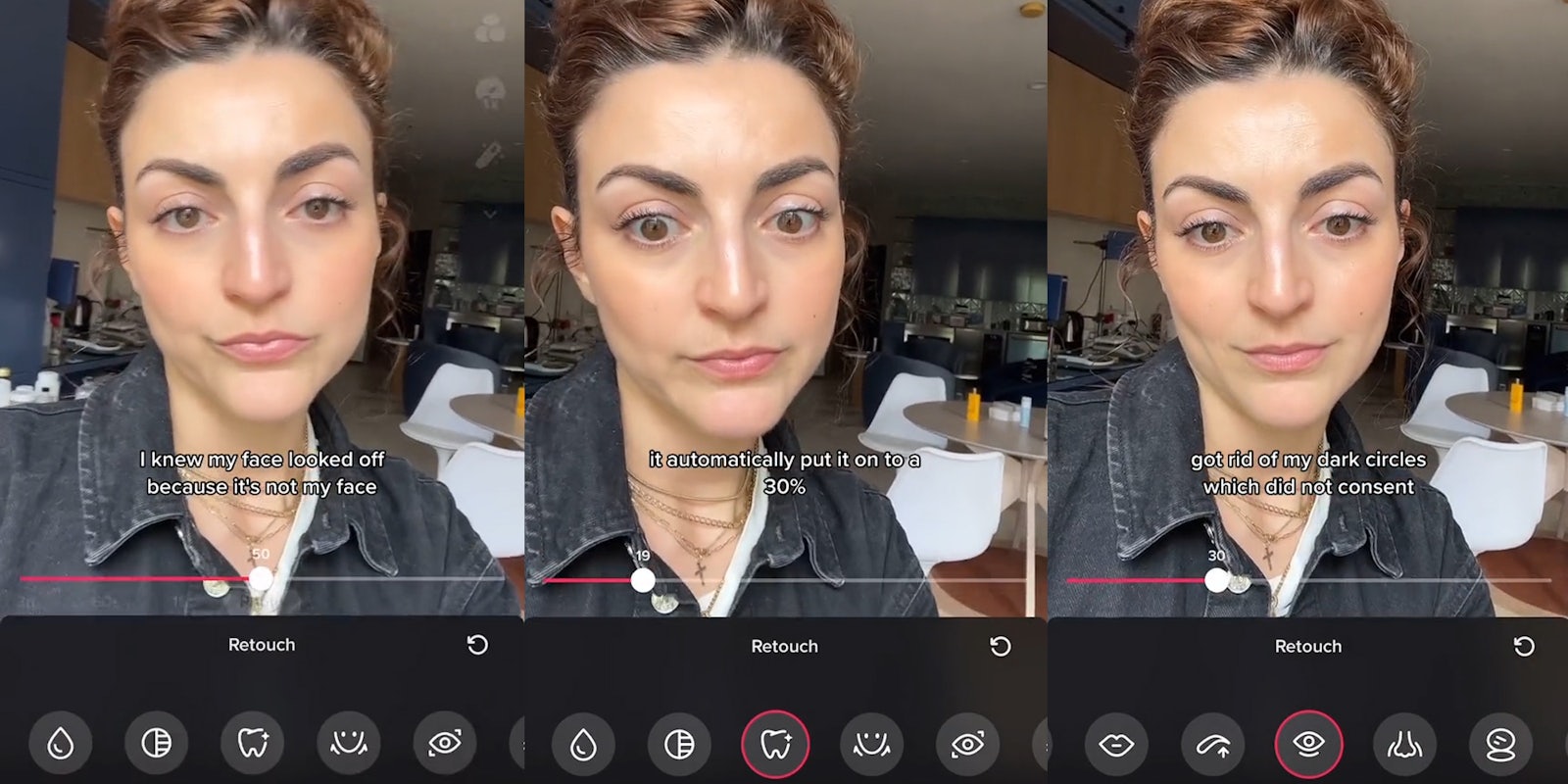Analysis
Last month, I attended the International Symposium on Online Journalism. Among panels about artificial intelligence, news avoidance, and how the media industry should be covering climate change, one of the keynote presentations was about augmented reality (AR), or superimposing computer generated images onto what we see when we are using our phone cameras.
Think Pokémon Go, where players could see Pokémon near them using the view of their phone cameras, or filters on apps like Snapchat, Instagram, and TikTok.
At the Symposium, Keynote speaker Yusuf Omar, an Australian journalist who uses AR to “transform everyday people into journalists,” even went as far as to say that AR was the “future of journalism.” And while I’m not sure I totally agree with that, I certainly think that augmented reality is something we should all be paying close attention to—especially when the use of AR isn’t consented to.
In a dystopian turn of events, AR (in the form of filters and retouching) being snuck into videos is currently playing out on TikTok: Some TikTok users have noticed that the app has started to automatically retouch their face when they record videos through it.
Beauty entrepreneur and self-identified “skincare fairy godmother” Charlotte Palermino seems to have been one of the first people to notice TikTok’s new automatic facetuning when using her front-camera to record a video in app. In a TikTok posted last week, she says that after updating her TikTok app, she noticed that her face looked altered. In a screen recording, she shows that TikTok had added a retouching filter onto her face that smoothed her skin, whitened her teeth, and lessened the dark circles under her eyes.
“What’s troubling about this is that this is the default, I am not opting in,” Palermino says in her video. “I feel like we need to be drawing the line at consenting to altering one’s face on a platform.”
The new, frightening feature isn’t available for all TikTok users—I just updated my app and found my face untouched when I looked at it using my phone’s camera via TikTok—but those who do have whatever beta version of the AR in question don’t seem to like it.
“TikTok now puts automatic facetuning on everyone without it showing or informing anyone,” one TikToker wrote in the overlay text of their video seconding Palermino’s claims. “Knock off the dysmorphia dystopia.”
Why it matters
Augmented reality has the power to create videos that include things that aren’t there and distort our perception of reality. That sort of immense, overwhelming power needs to be something that people knowingly opt in to, not something that is thrust upon them.
My advice is to keep an eye on how you look when you’re recording yourself using the front-facing camera on TikTok, and familiarize yourself with the app’s retouching toolbar.


